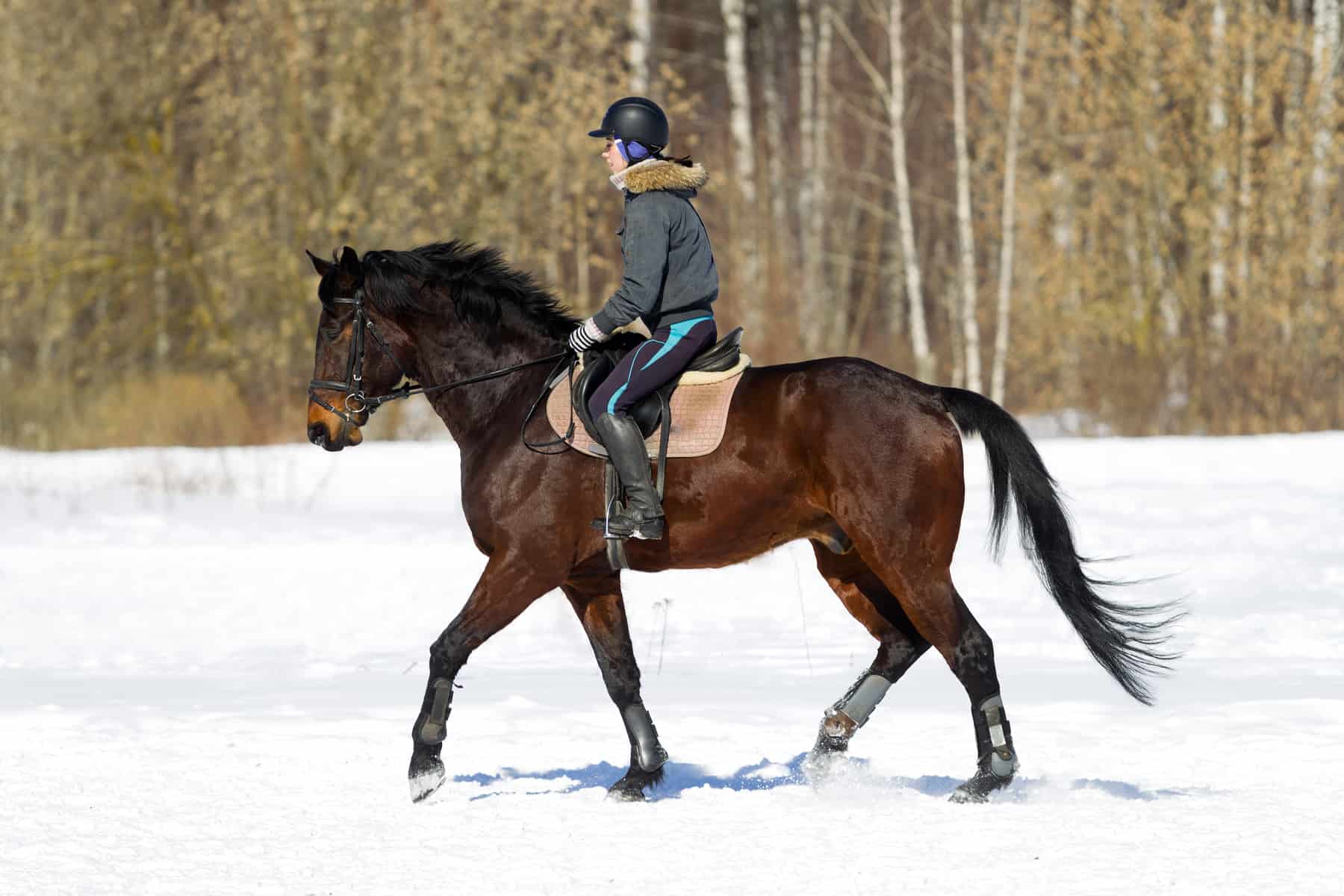Monensin Poisoning in Horses: Clinical Signs and Outcomes

It’s a terrible feeling to know something you’ve fed your horse has inadvertently made him sick. In some instances, however, it happens.
Monensin is an antibiotic feed additive mainly used to promote growth in cattle and poultry. While it can have positive effects on those and other livestock species, it’s highly toxic to horses. Although monensin can affect all cell types, the toxic effect is primarily observed in muscle cells. Clinical signs of consumption can include a loss of appetite, rapid or irregular heart rate, exercise intolerance, sweating, colic, and unexpected death.
Sporadic intoxications are usually caused by accidental feeding of commercial monensin-containing feed intended for cattle or poultry, or from contamination of horse feed with monensin during production
Create a free account with TheHorse.com to view this content.
TheHorse.com is home to thousands of free articles about horse health care. In order to access some of our exclusive free content, you must be signed into TheHorse.com.
Start your free account today!
Already have an account?
and continue reading.

Related Articles
Stay on top of the most recent Horse Health news with


















